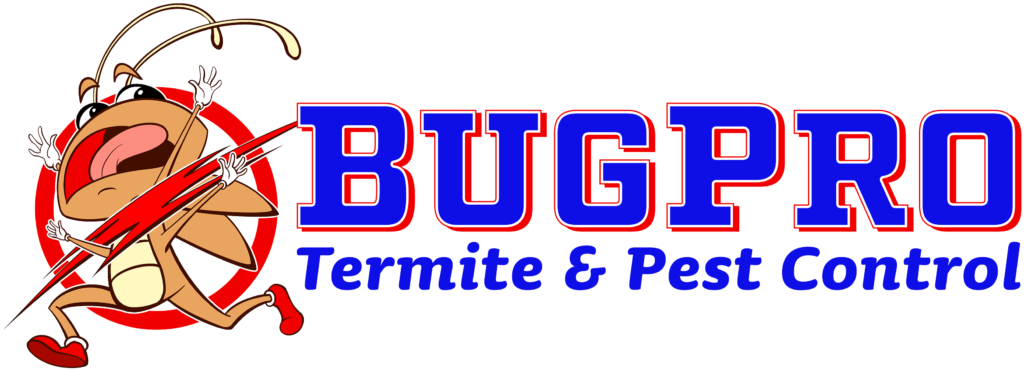
Encountering black widow spiders can be concerning due to their venomous bite, which can cause severe reactions in humans. If you suspect a black widow spider infestation in or around your home, it’s important to take prompt action to address the issue. Here are some steps you can take to deal with black widow spiders effectively:
1. Identification: First, ensure that the spiders you are dealing with are indeed black widows. Black widow spiders are shiny black in color with a distinctive red hourglass-shaped marking on their abdomen. If you are unsure about the species, consider consulting a professional pest control expert for accurate identification.
2. Avoid Direct Contact: Black widow spiders are known to be reclusive and may hide in dark, secluded areas such as garages, sheds, woodpiles, or cluttered spaces. Exercise caution and avoid direct contact with black widow spiders to prevent being bitten.
3. Remove Clutter: Decluttering and tidying up areas where black widow spiders may hide, such as storage areas, basements, or outdoor structures, can make it less hospitable for them to dwell. Keep outdoor spaces well-maintained and free of debris to reduce potential harborage sites.
4. Seal Entry Points: Inspect your home for any cracks, gaps, or openings that black widow spiders can use to enter. Seal gaps around doors, windows, pipes, vents, and any other entry points using caulk or weatherstripping to prevent spider intrusion.
5. Use Protective Gear: When handling items or debris where black widow spiders may be present, wear gloves and long-sleeved clothing to protect yourself from potential bites. Exercise caution when working in areas where black widows are known to inhabit.
6. Professional Pest Control: If you have a significant black widow spider infestation or are unable to manage the issue on your own, consider contacting a licensed pest control professional. They can assess the extent of the infestation, implement targeted treatments, and provide ongoing monitoring to control black widow populations effectively.
7. Reduce Prey Population: Black widows primarily feed on insects, so reducing the presence of their prey, such as flies, mosquitoes, and other small insects, can help make your property less attractive to these spiders. Implement integrated pest management practices to address both the spiders and their food sources.
Taking proactive measures to address black widow spiders can help protect your home and family from potential risks associated with their venomous bites. By practicing vigilance, implementing preventative strategies, and seeking professional assistance when needed, you can effectively manage black widow spider infestations and create a safer living environment.